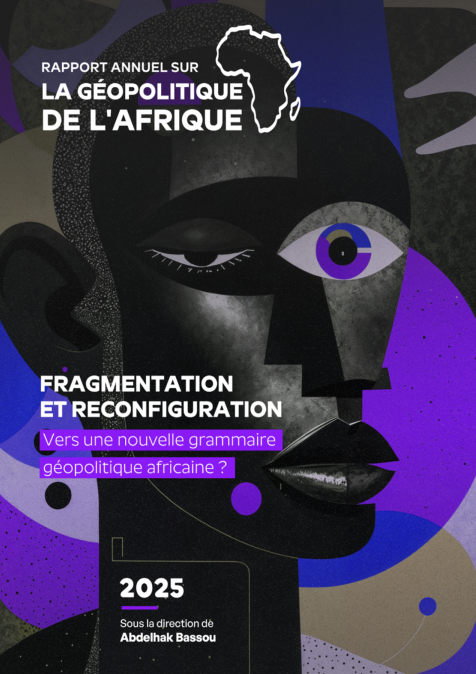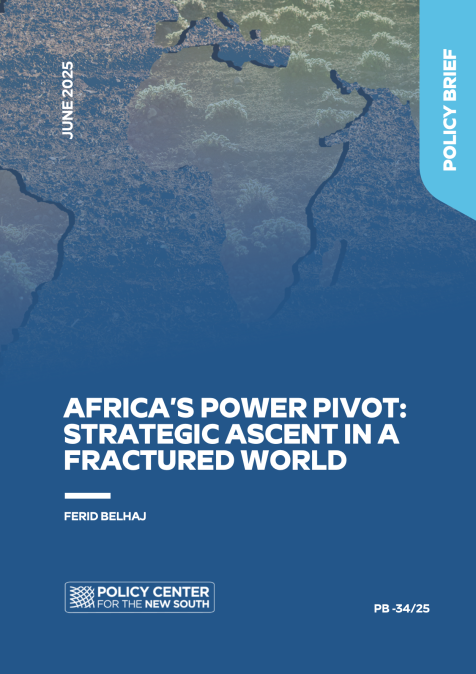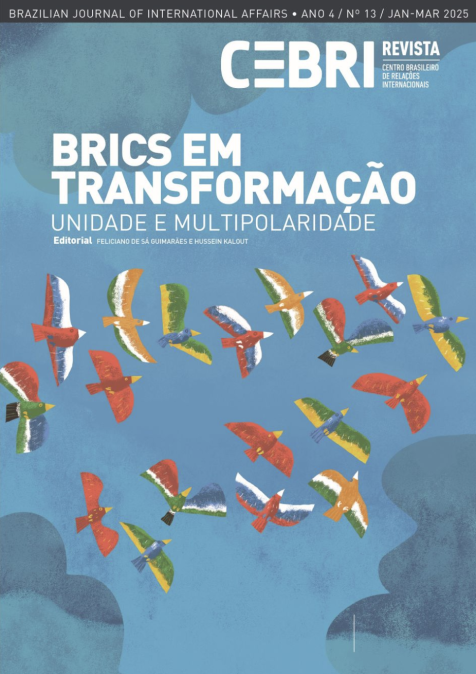Podcasts
India’s Foreign Policy
Related topics:
This podcast is performed by Dhruva Jaishankar. India has had several stages to its foreign policy since its independence. This included active international engagements in the 1950s, isolations and regional rivalries in the 1960s, closer cooperation with the Soviet Union in the 1970s, and gradually closer relations with the United States beginning in the late 1990s. Today, India’s foreign policy can be characterized primarily by a quest for security, for economic development, and for autonomy of action. India also seeks greater influence in multilateral forums, whether the United Nations, BRICS, or G20. The three most important bilateral relationships are with the United States, Pakistan, and China. Relations with important smaller actors (Singapore, Israel, and South Korea), complex ties in the Middle East (with Iran, Saudi Arabia, and Israel), and major secondary powers (Japan, Europe, Australia, Brazil, Russia). New trends are radically changing India’s international engagements. New priorities include sourcing foreign direct investment and utilizing India’s large and wealthy diaspora. This also means that new actors - including businesses, NGOs, and the media - are influencing foreign policy in novel ways.






